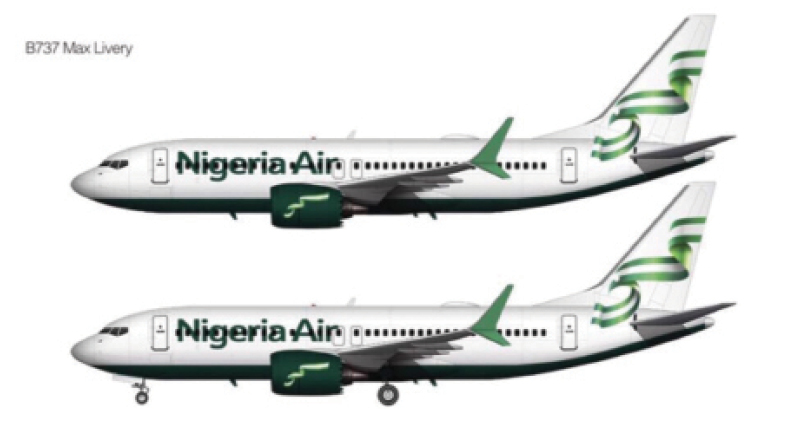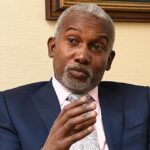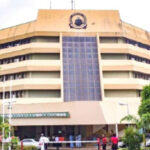Amidst uncertainty over the take-off of the national carrier project, the Federal Government has budgeted N14.6 billion for the project in the last three years, analyses of the budget have shown.
The latest appropriation for the project was N400 million for working capital and another N150m as consultancy. Both are listed as ongoing projects in the 2022 appropriation Bill presented last week by President Muhammadu Buhari.
- New twist as Union accuses Ministry of frustrating NG Eagle certification
- Court fines Fani-Kayode N200,000 for absenting from N4.6bn fraud trial
Nigeria Air was unveiled in July 2018 and suspended indefinitely in September of the same year.
The airline was scheduled to commence operations on December 19, 2018. The proposed national carrier targeted 81 routes, comprising 40 domestic, regional and sub-regional and 41 international routes.
Since 2019 till date, budgetary provision has been made for the national carrier project beginning with N8bn as working capital and another N500m for transaction advisers.
In 2020, N4.6bn was provided in the budget for working capital while in the 2021 Appropriation Bill, another N1bn was provided as working capital for the national carrier. It was listed under ongoing projects’ list of the Federal Ministry of Aviation.
With the latest N550m, the sum of N14.6bn would have been budgeted on the project since 2019 despite the suspension of the project.
It was not clear whether the amount budgeted so far was released even as the Federal Government envisages that the proposed national carrier would be private sector driven with about five percent government equity.
The federal government early this year said it expects private investors to raise $250m for the proposed carrier as it insisted the project would be delivered before 2023.
Partner, Avaero Capital Partners, Sindy Foster decried what she called the lack of transparency in the management of the budgetary provisions for the national carrier more so when the airline is yet to take off.
“The lack of transparency and no reporting of accounts will mean we will never know what the money was spent on.
“Do they have office space? Staff? Do they have recurring overheads? What bills have they needed $51m to pay, without anything but a amateurly designed logo to show for it?
“If an airline came to me with the same proposition, with the same milestones reached, and who said they spent $51m to get as far as a logo and a foreign trip to view aircraft, I would show them the door!
“Particularly as their stake is meant to be 5% it makes no sense that they should have incurred this expense. The whole point of the proposition was attracting private funding. They are targeting a $250m private investment in the National carrier, but have spent $51m on unidentifiable activities. Doesn’t really make much sense.”
What N14.5bn can do?
If converted to dollars using the interbank official exchange rate of N410/$, the money so far appropriated for national a carrier is around $35m.
Analysts say the money is enough to hire more than aircraft to kick-start the national carrier.
Daily Trust reports that aircraft leasing costs between $60,000 to $300,000 monthly depending on the aircraft size. This means that the money so far budgeted for a national carrier is enough to acquire even 20 aircraft on lease which lost start-up airlines do.
Spokesman of the Ministry of Aviation, Mr. James Odaudu had told Daily Trust that the National carrier project is one of the post-COVID-19 priority projects of the Federal Government.”
“Very soon it will pick up from where it stopped,” he said.

 Join Daily Trust WhatsApp Community For Quick Access To News and Happenings Around You.
Join Daily Trust WhatsApp Community For Quick Access To News and Happenings Around You.


